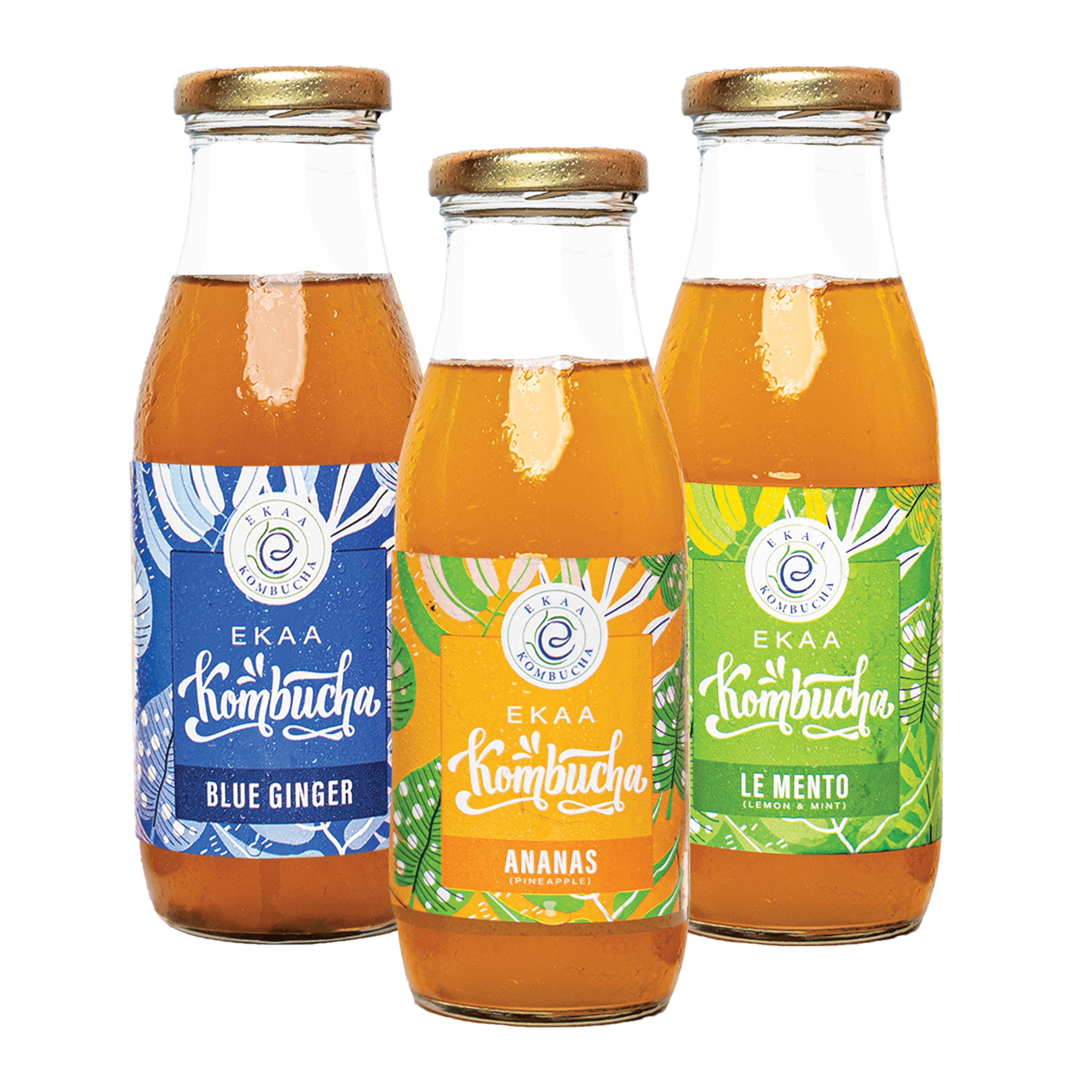
Kombucha, the fermented tea beverage, has taken the wellness world by storm. But with its rise in popularity comes a wave of misinformation. Let’s clear the air and debunk some of the most common myths surrounding kombucha, so you can make informed choices about incorporating it into your routine.
Myth #1: Kombucha is High in Sugar
This myth stems from the fact that sugar is used in the fermentation process. However, most of the sugar is consumed by the bacteria and yeast during fermentation, resulting in a final product with a relatively low sugar content. Ekaa Kombucha, for example, boasts less than 5 grams of sugar per serving, comparable to many popular fruit juices.
Myth #2: Kombucha Cures Everything
While kombucha is packed with potential health benefits, it’s not a cure-all for any ailment. The focus lies on supporting a healthy gut microbiome which can positively impact digestion, immunity, and overall well-being. However, kombucha should not be seen as a replacement for medical advice or treatment.
Myth #3: Kombucha is Highly Caffeinated
The SCOBY (Symbiotic Culture of Bacteria and Yeast) used in kombucha fermentation might resemble a gelatinous mushroom, but it’s not a fungus! It’s a complex ecosystem of beneficial bacteria and yeast that work together to create the unique flavor and health benefits of kombucha.
Myth #5: Kombucha is Bad for People with Compromised Immune Systems
Kombucha is generally safe for most healthy individuals. However, those with weakened immune systems, pregnant or breastfeeding women, and individuals with certain medical conditions should consult their doctor before consuming kombucha. This is due to the presence of live bacteria, which, while beneficial for healthy individuals, may require extra caution for those with compromised immune systems.
Myth #6: All Kombucha is Created Equal
The quality and health benefits of kombucha can vary depending on the brewing process and ingredients used. Look for brands like Ekaa Kombucha that use high-quality organic ingredients, a controlled fermentation process, and prioritize safety and hygiene standards.


